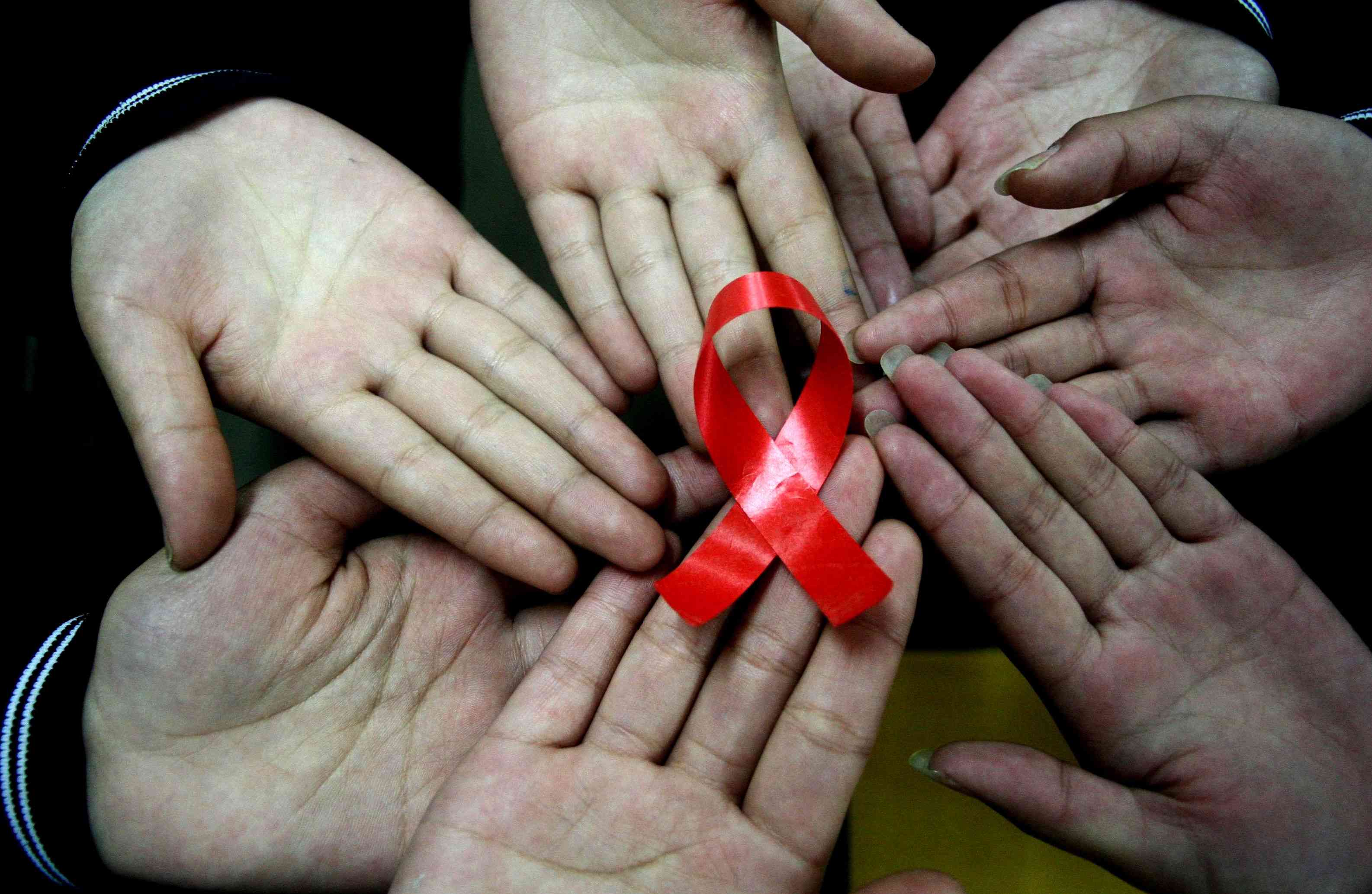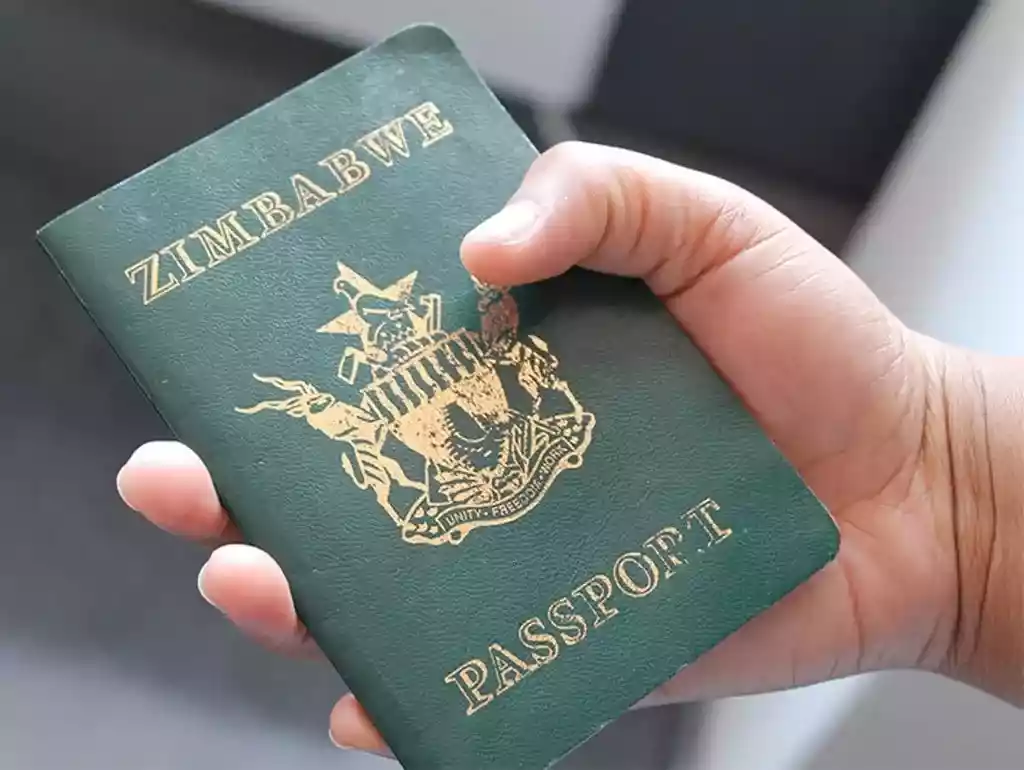
A campaign group fighting against drug abuse said this week authorities must increase efforts to rehabilitate affected people, instead of punishing them.
Civil Liberties and Drug Network programmes officer Knowledge Mupembe said increasing rehabilitation would save lives.
Addressing journalists at a science and media Café on HIV vaccine research, Mupembe said government should not only focus on criminalising drug abuse but give affected people access to healthcare services, while ensuring they don’t repeat.
According to Mupembe, due to Zimbabwe's collapsing economy and high unemployment rates, young people, particularly in urban areas, have turned to drugs to escape their misery and reduce stress.
He said this had resulted in an increase in drug and substance abuse.
Mupembe went on to highlight that more than 60% of admissions at Zimbabwe’s mental health institutions are cases linked to drug and substance abuse, the majority of them falling between the ages of 16 and 40.
These are mostly male.
“Zimbabwe is witnessing an increase in drug and substance use especially among its youthful population, more prevalent in urban areas especially those from poor or unstable backgrounds who may be tempted to see drugs as an escape from life’s troubles,” Mupembe said.
- Drug abuse: A suicidal way to escape Zim’s hardships
Keep Reading
“Over 60% of admissions at Zimbabwe’s mental health institutions are cases linked to drug use. The majority falls in the 16 to 40 age groups and it is mostly the males who are affected.”
In an interview with the Zimbabwe Independent, police spokesperson Paul Nyathi stated that as long as someone committed a crime, they would be arrested.
“As far as the police are concerned, if anyone commits a crime, there is a need for the law to take its course and the law will certainly take its course,” Nyathi said.
Mupembe stressed out that instead of arresting the drug users the government should manage demand for drugs so that there is comprehensive health and harm reduction.
He said the government needed to reform some laws that are a barrier for drug users to have access to health services because they fear being criminalised.
Mupembe also pointed out that there was a high risk of HIV transmission among people using drugs because of sharing the blood, unsafe sexual practices and sharing of needles.
Mupembe said globally, drug injection accounts for approximately 10% of new HIV infections. He said about 23 to 39% of all new Hepatitis C virus infections occur among people who inject drugs.
“What is now needed is to reform the current drug control regime by decriminalising drug use and creating an enabling environment for the provision of evidence based harm reduction services to address HIV/Aids among people who use and inject drugs,” Mupembe said.
“There is an increased risk of HIV transmission among people who use and inject drugs. Globally, drug injection accounts for approximately 10% of new HIV infections and about 23 to 39% of all new HIV infections occur among people who inject drugs.”
Due to the stigma associated with drug use, Mupembe added that access to sexual and reproductive health rights is limited, therefore people are at risk of being left out and marginalised.
“The Zimbabwe National Aids Strategic (ZNASP IV) identifies people who use drugs as a key population, but acknowledges there is a lack of data and currently no programming,” he said.
“Drug use is now at an alarming level and the ZNASP IV identifies (these people) as a key population at risk of HIV, but acknowledges that there is currently no programming. This is going to affect the country’s progress in achieving the 95-95-95 global targets of ending Aids by 2030. (They are) being left out and marginalised.”






